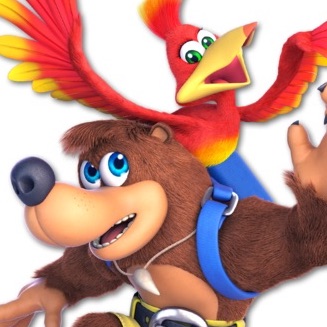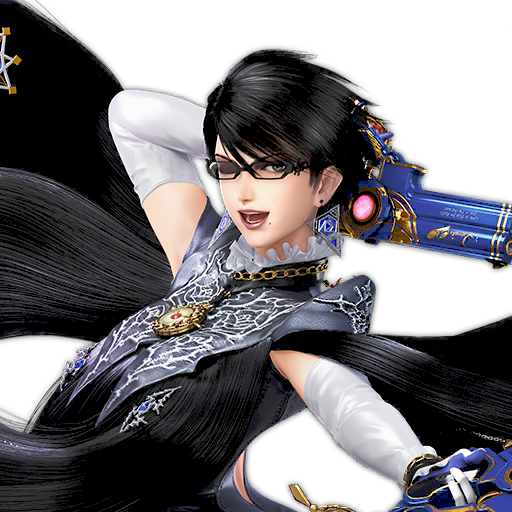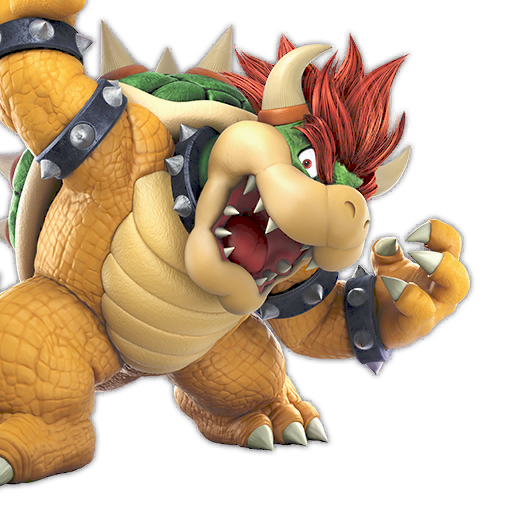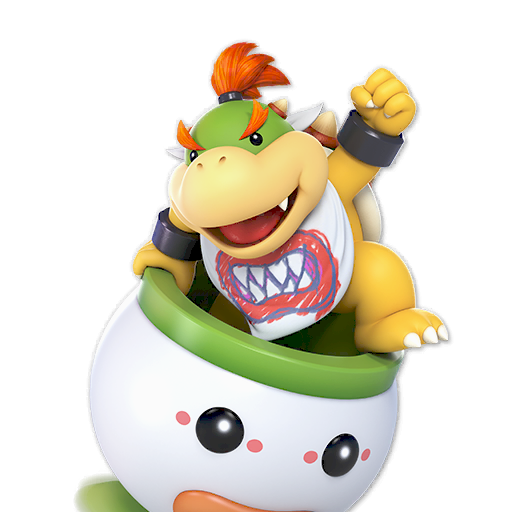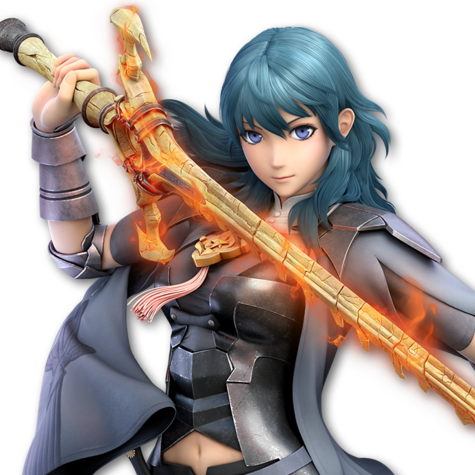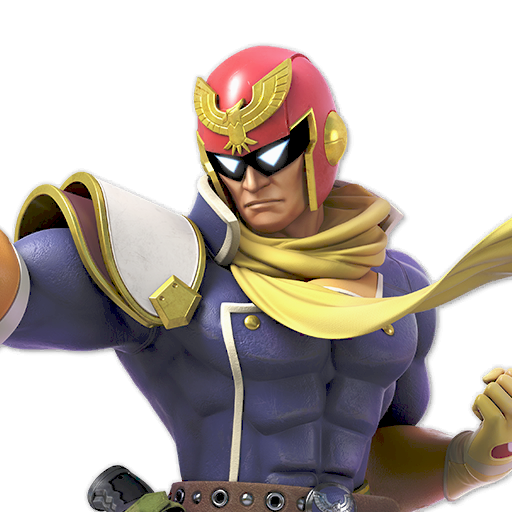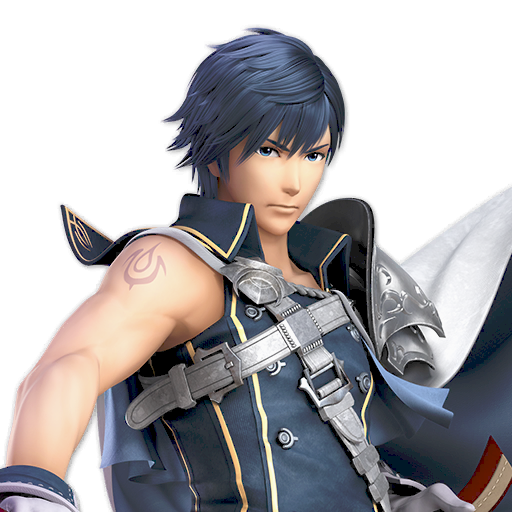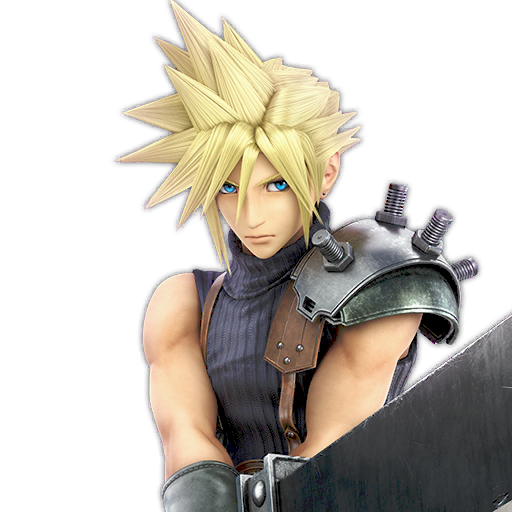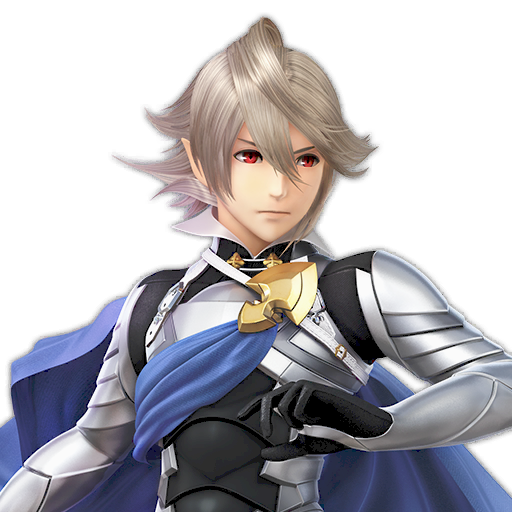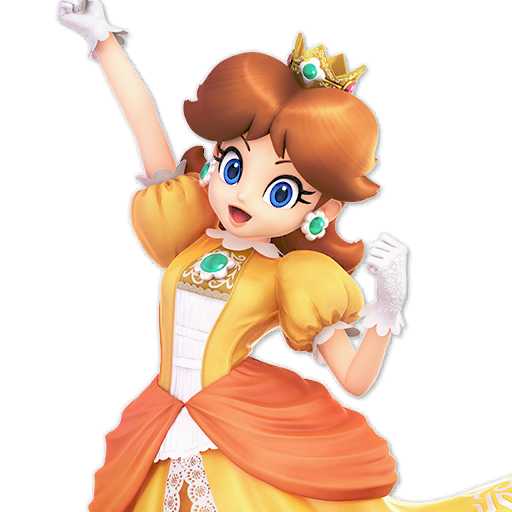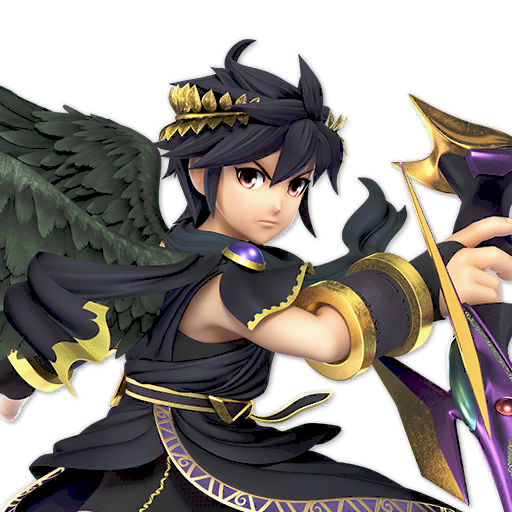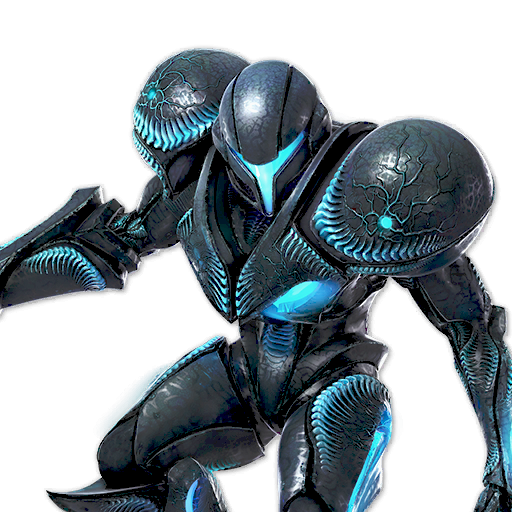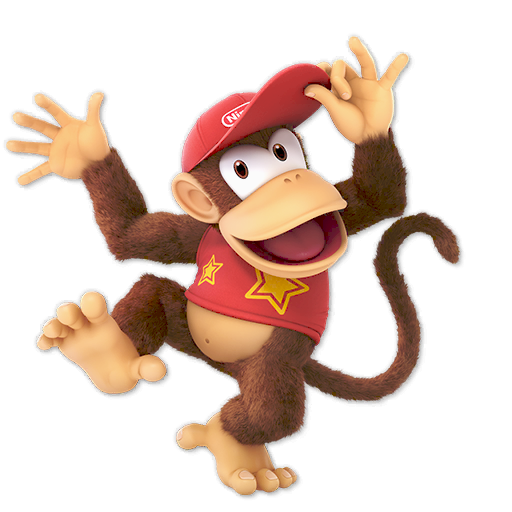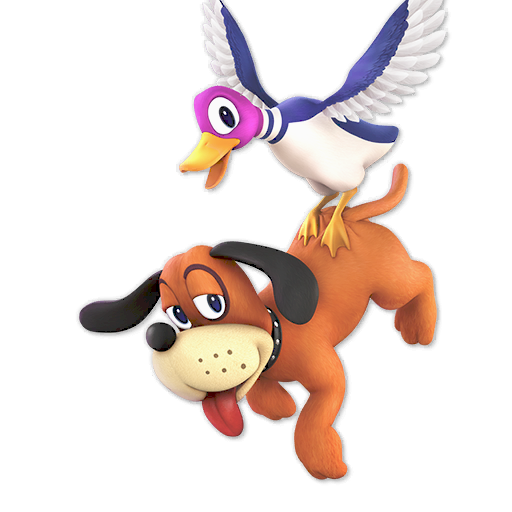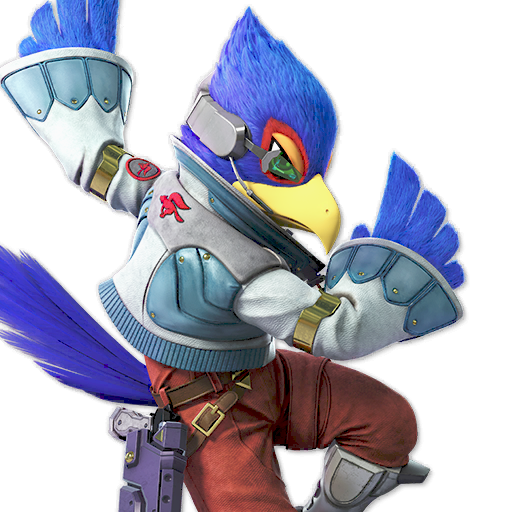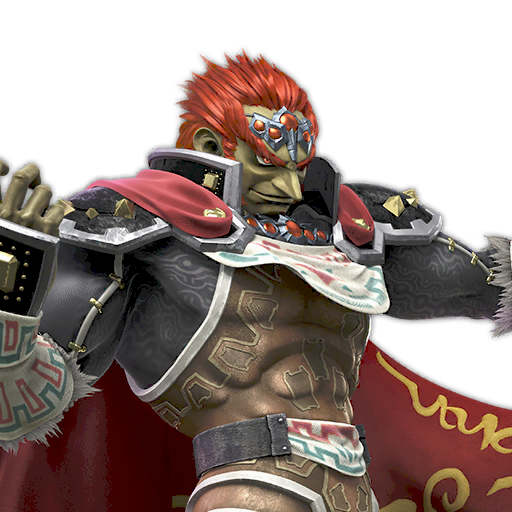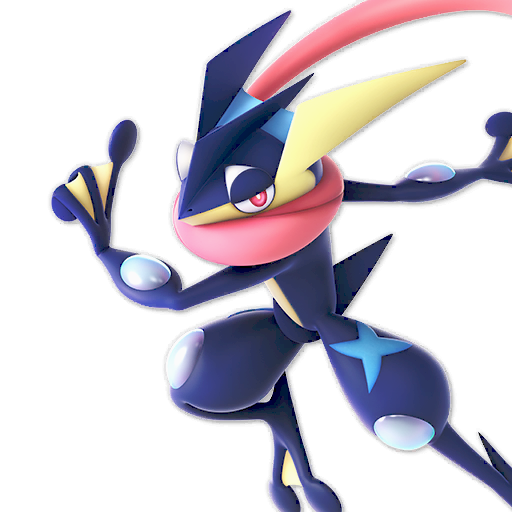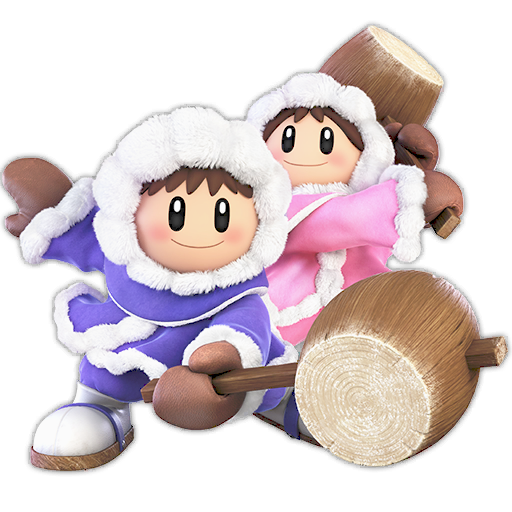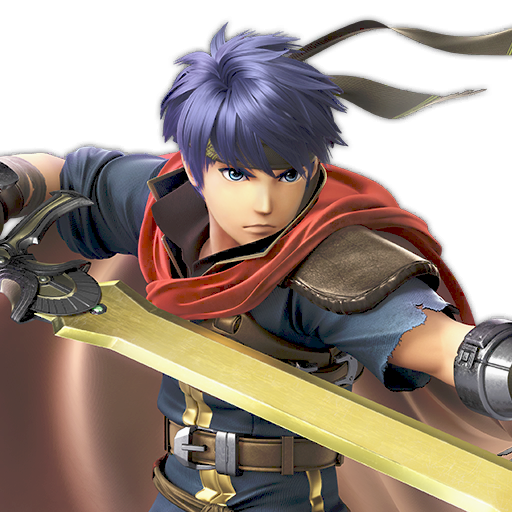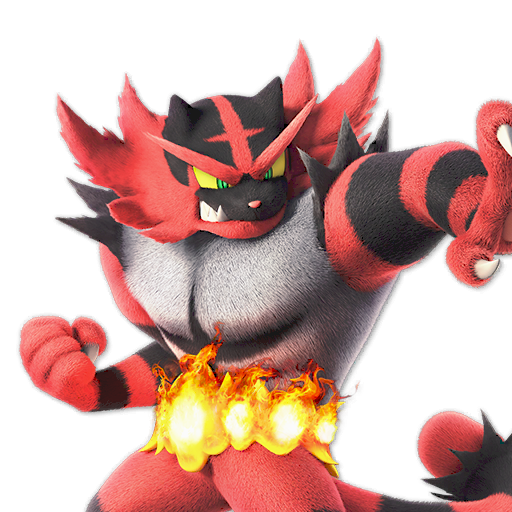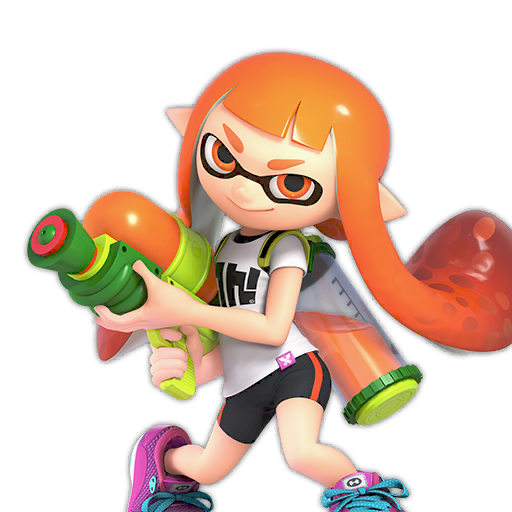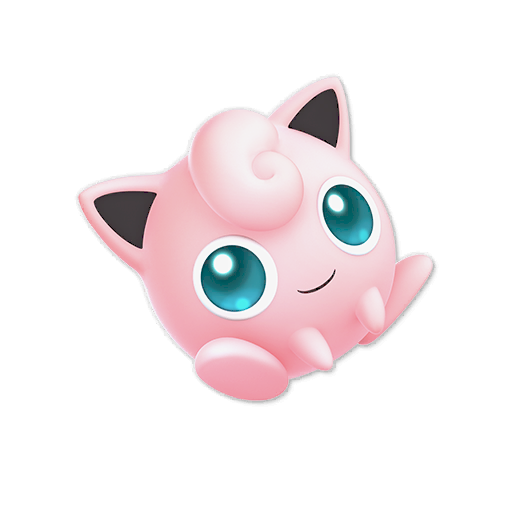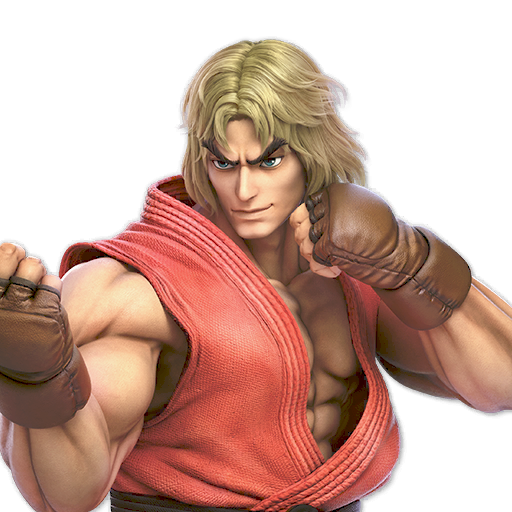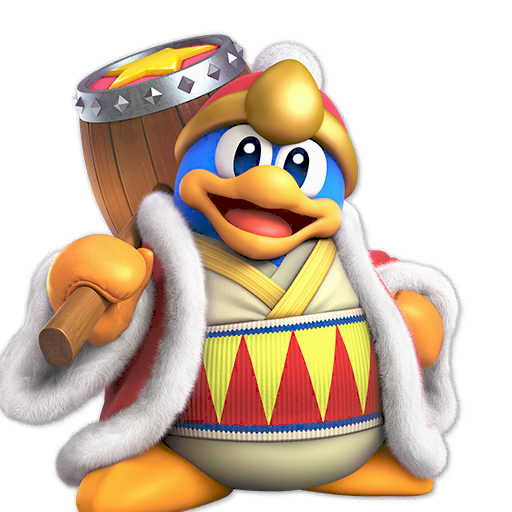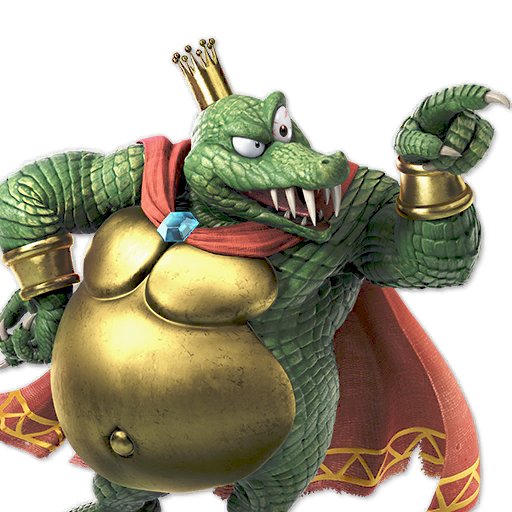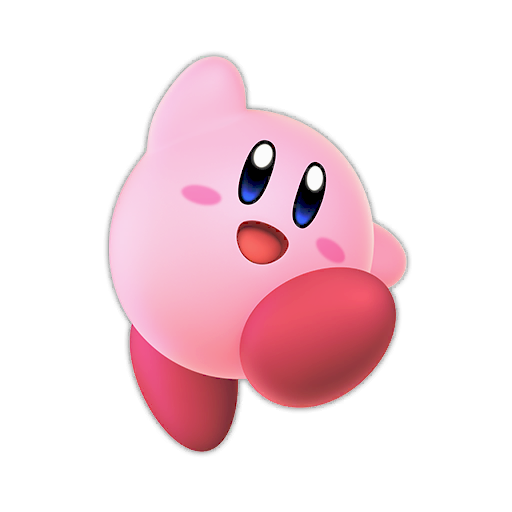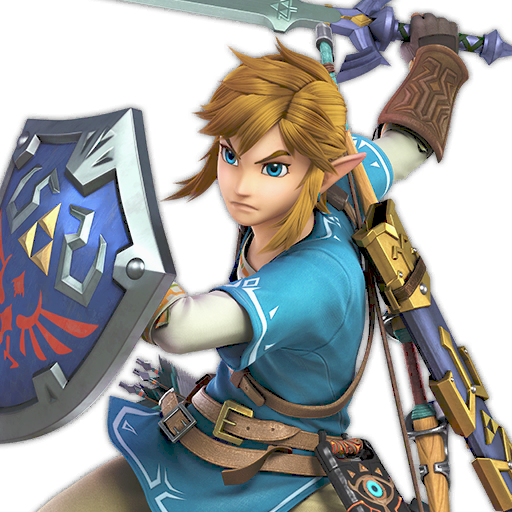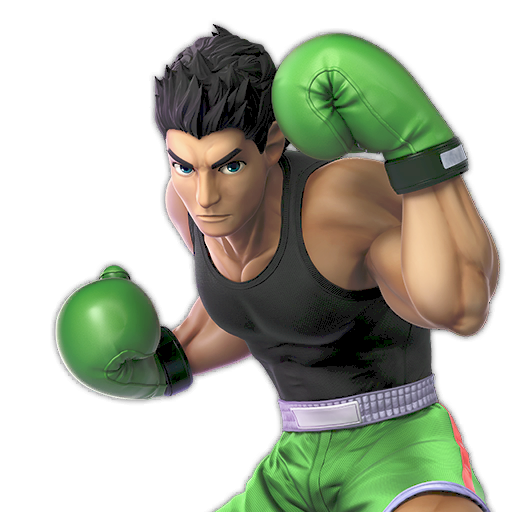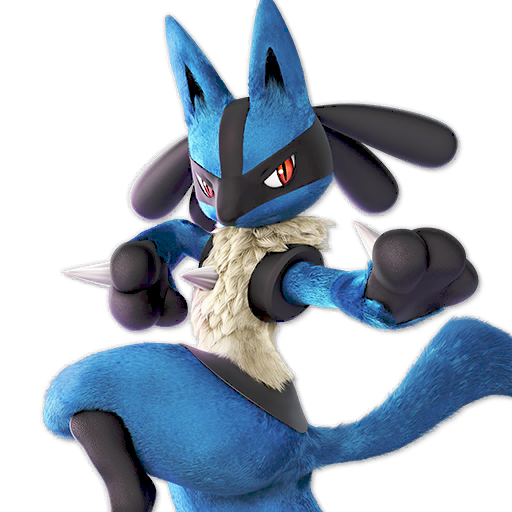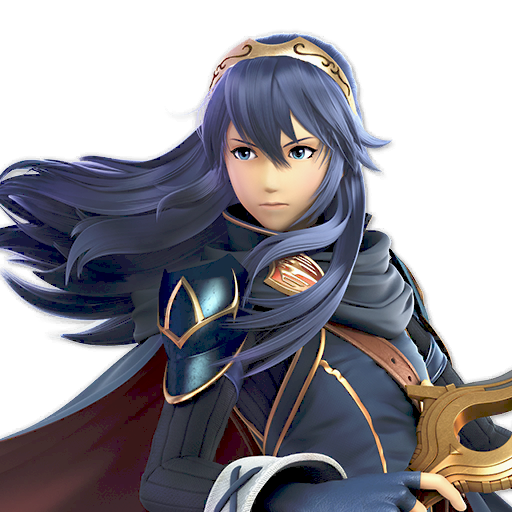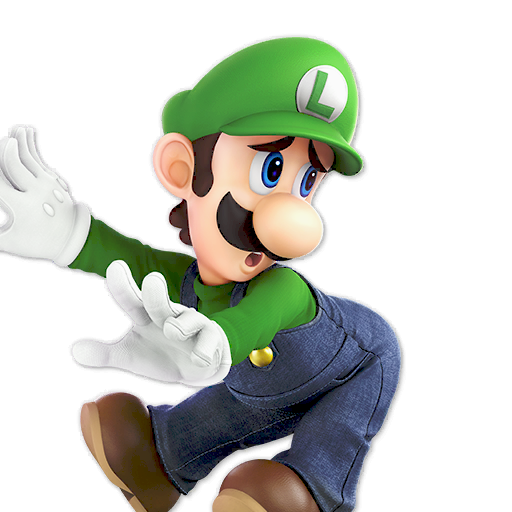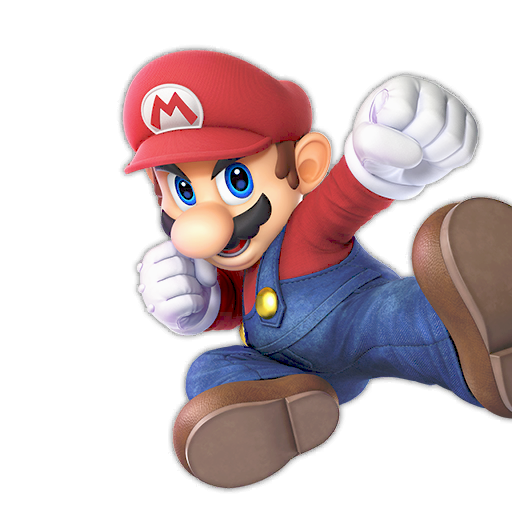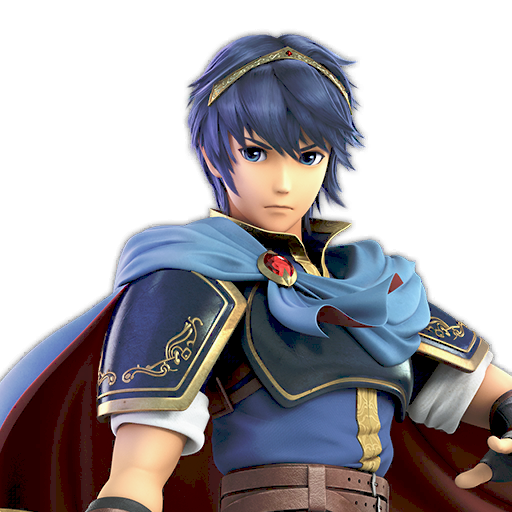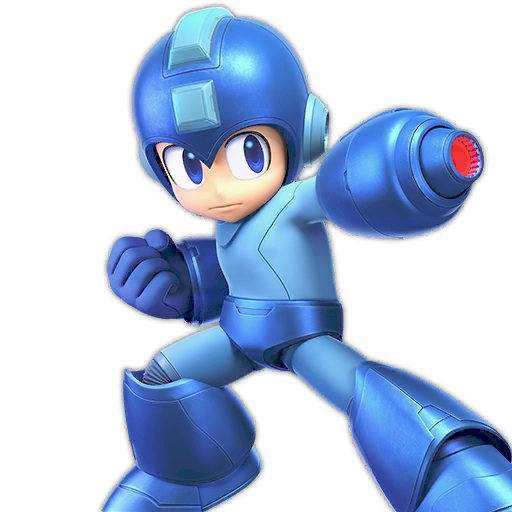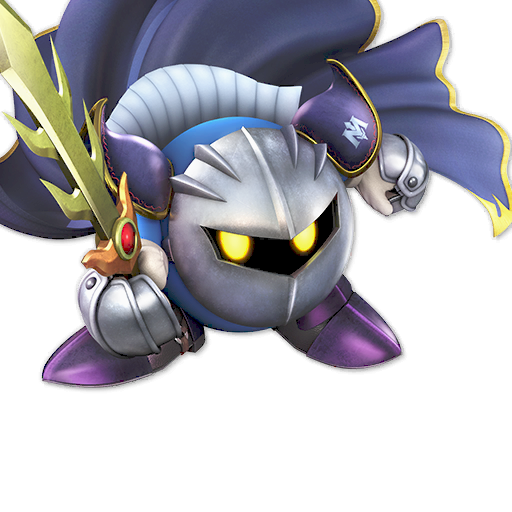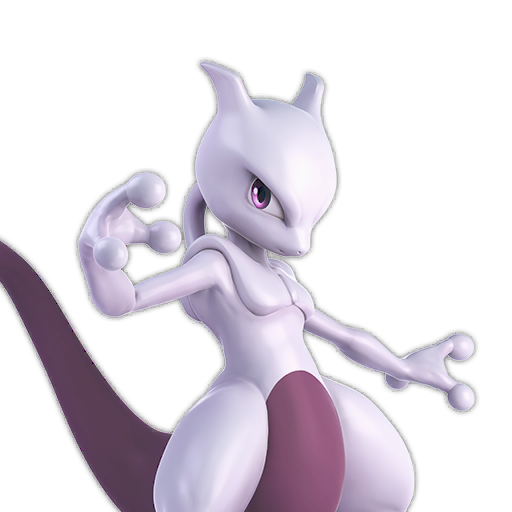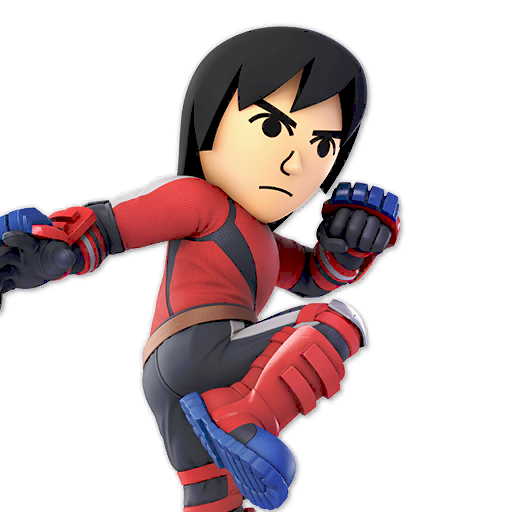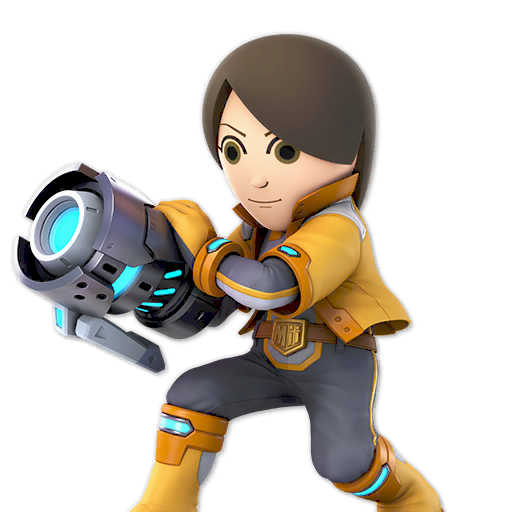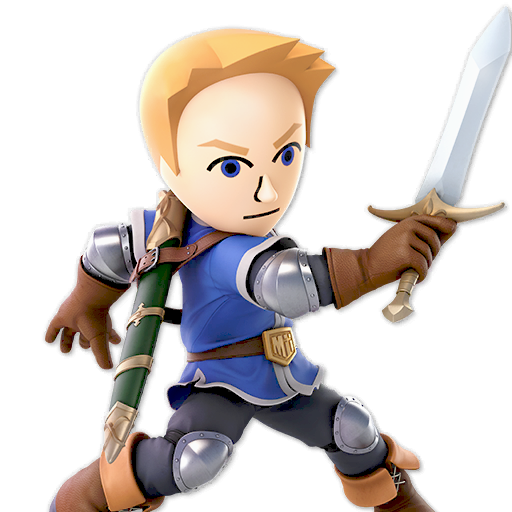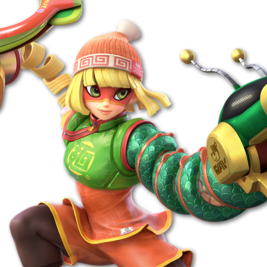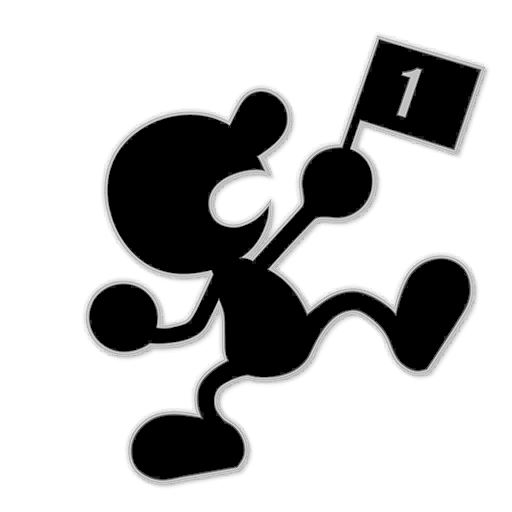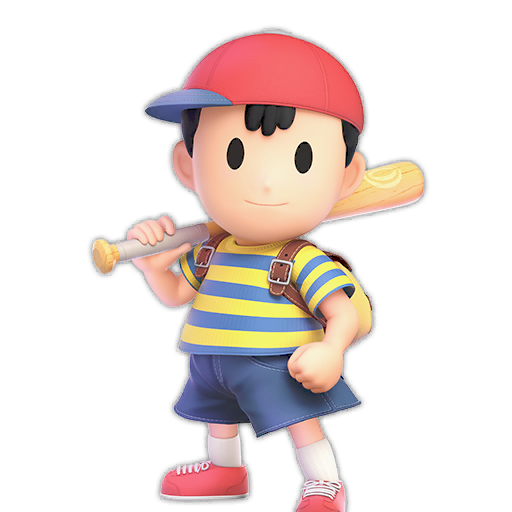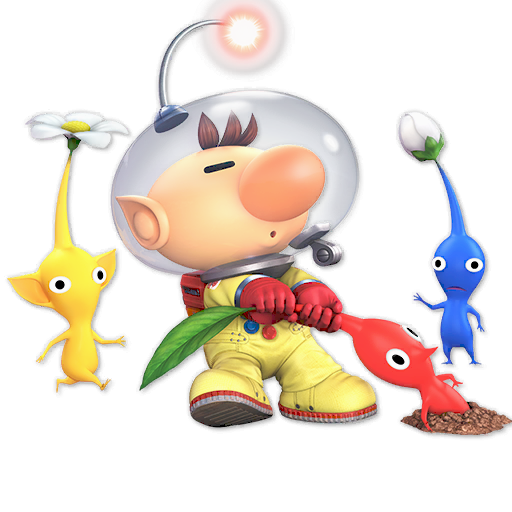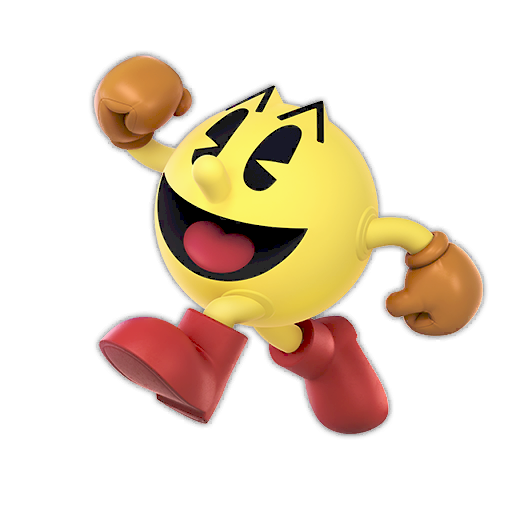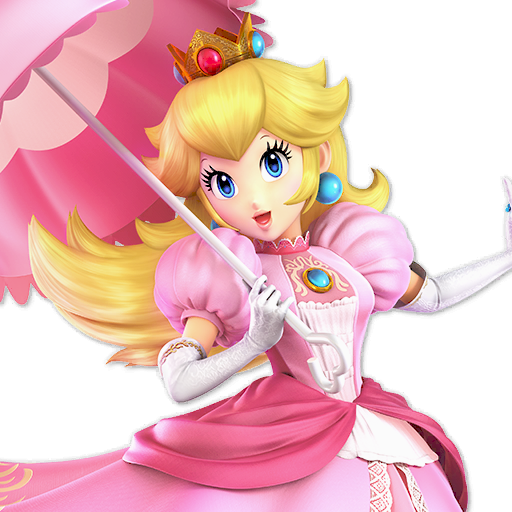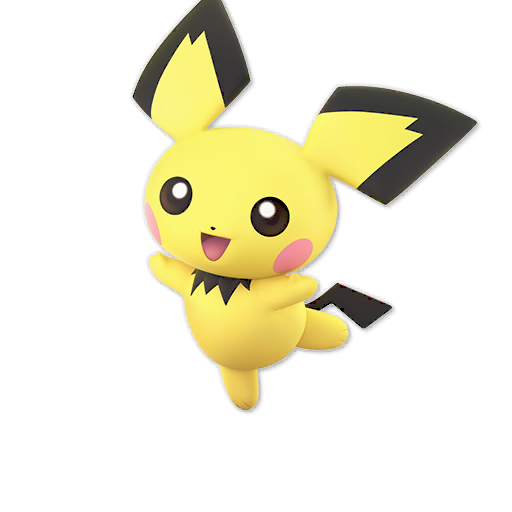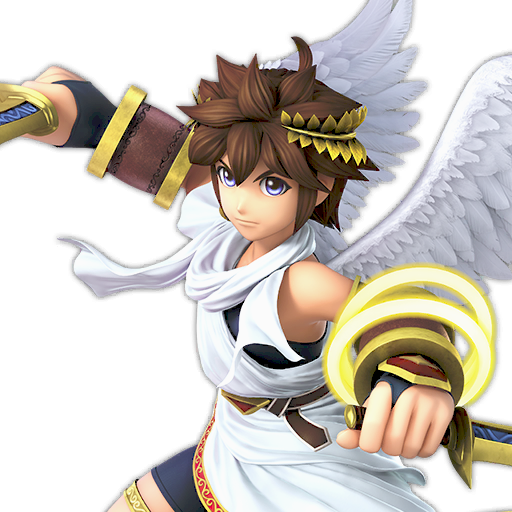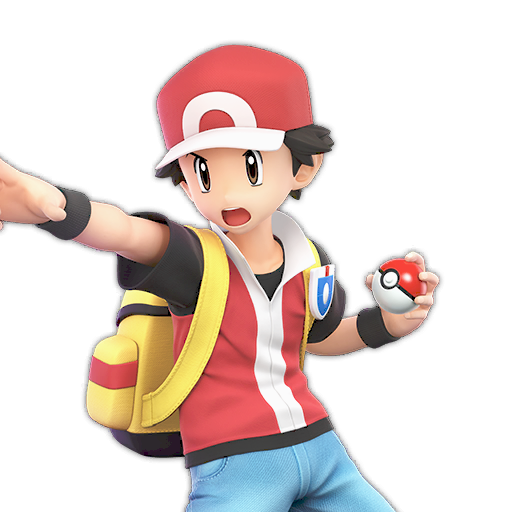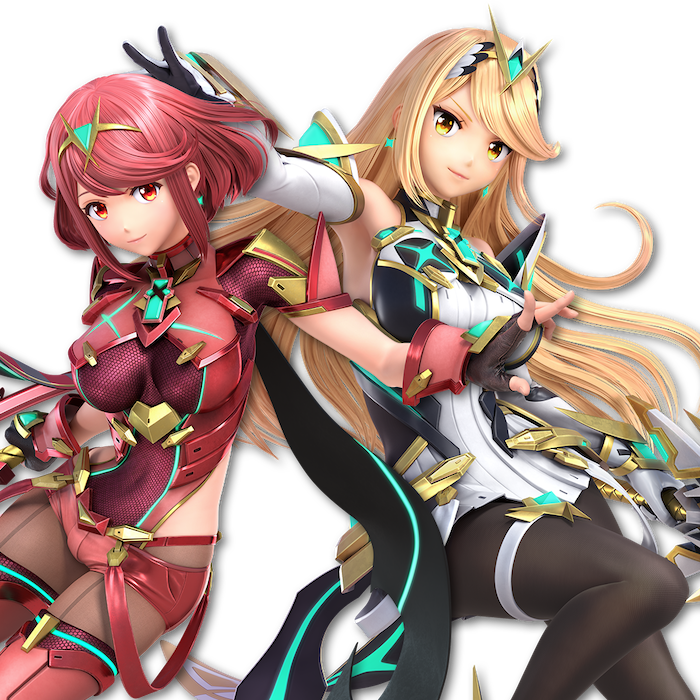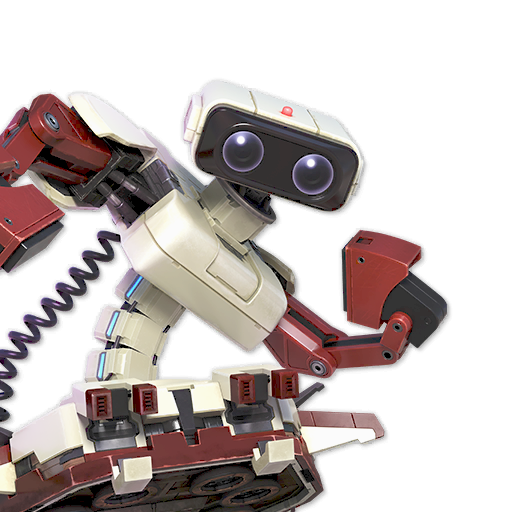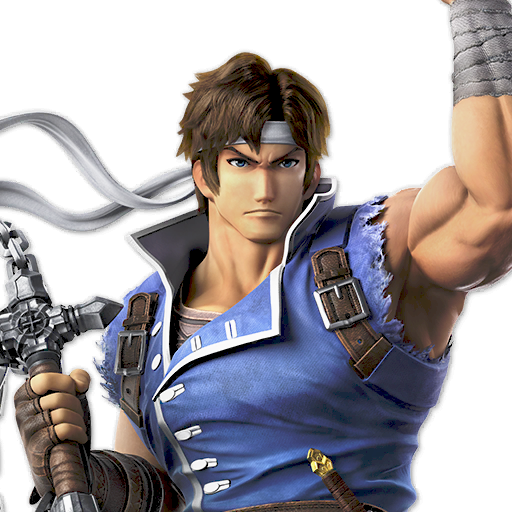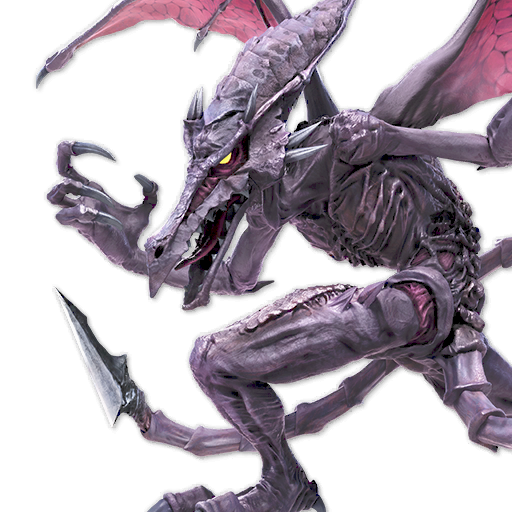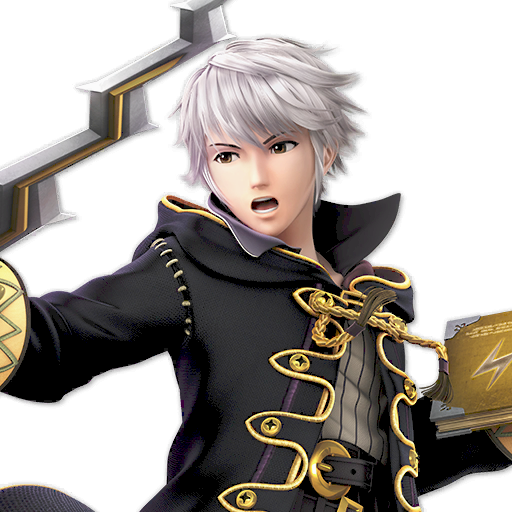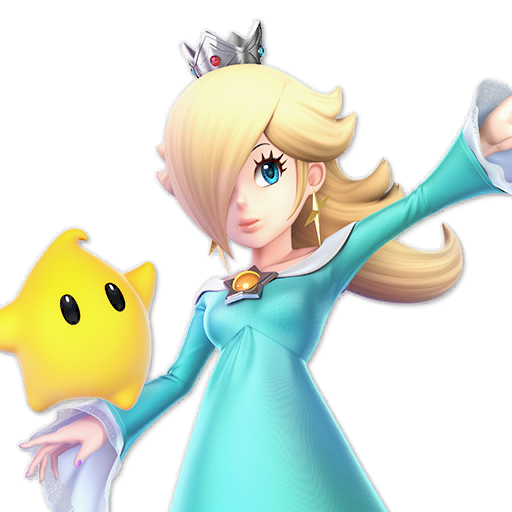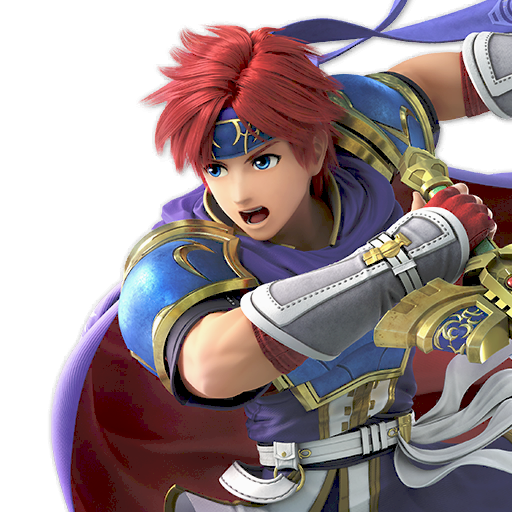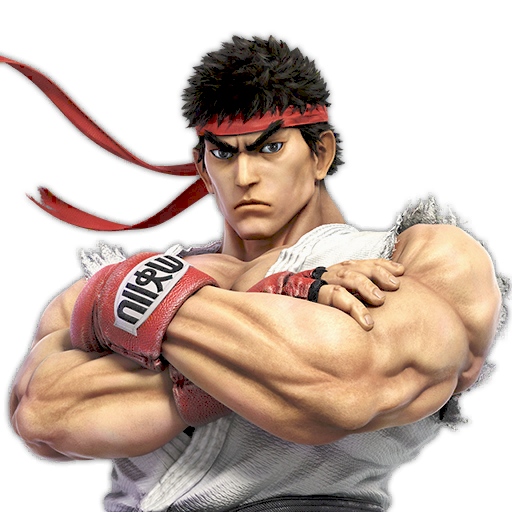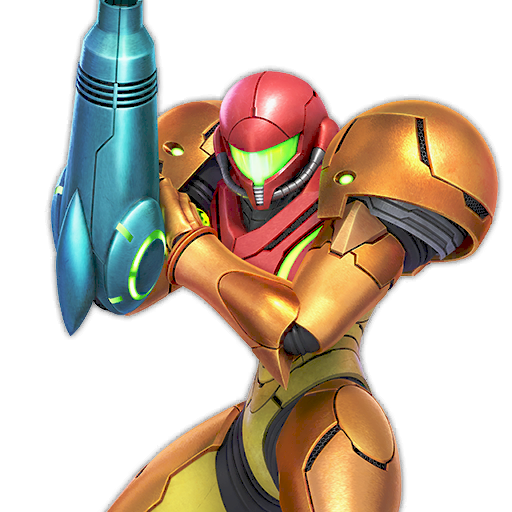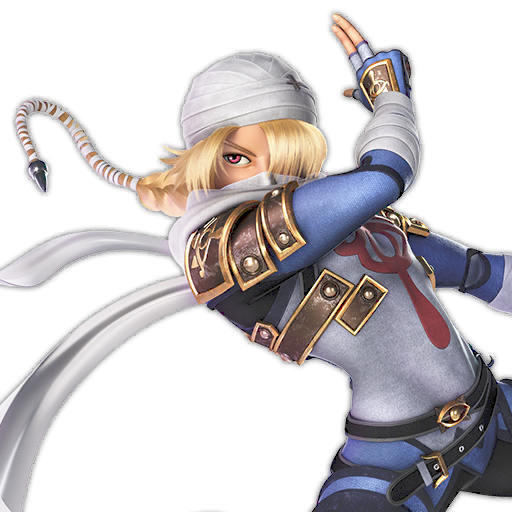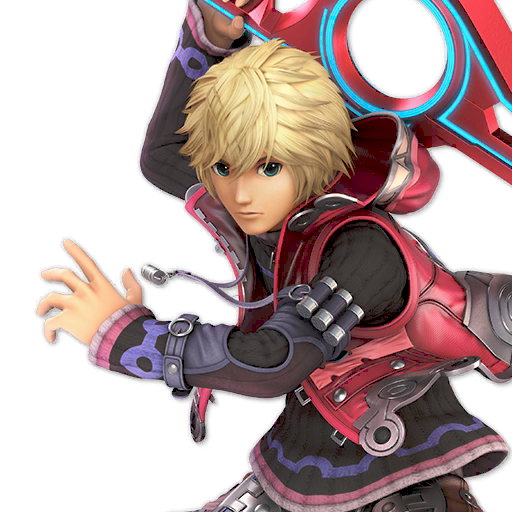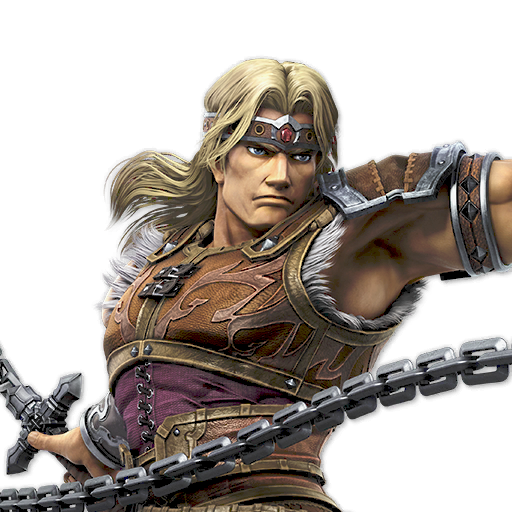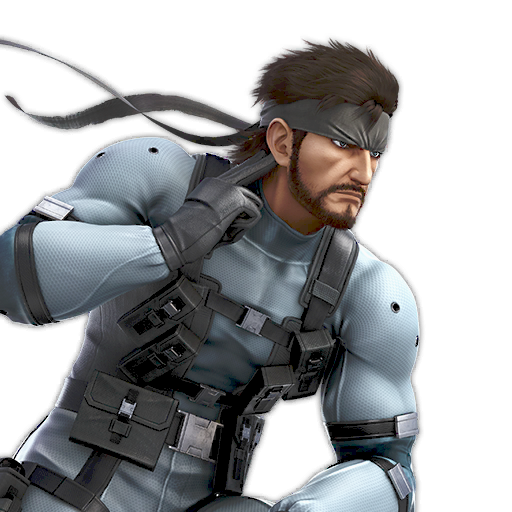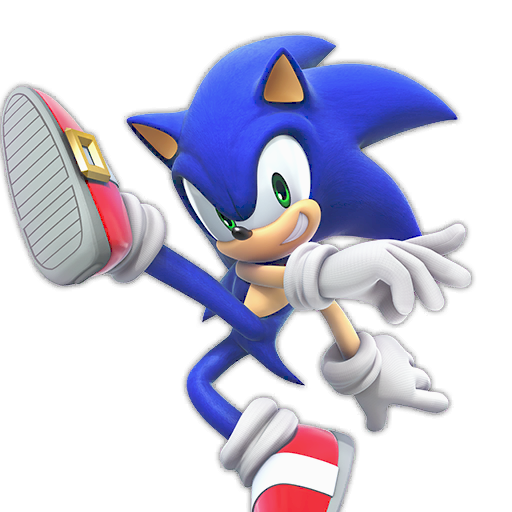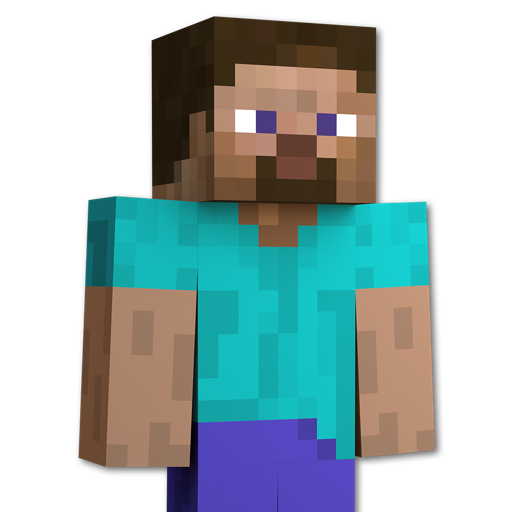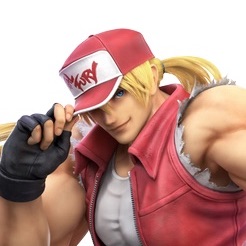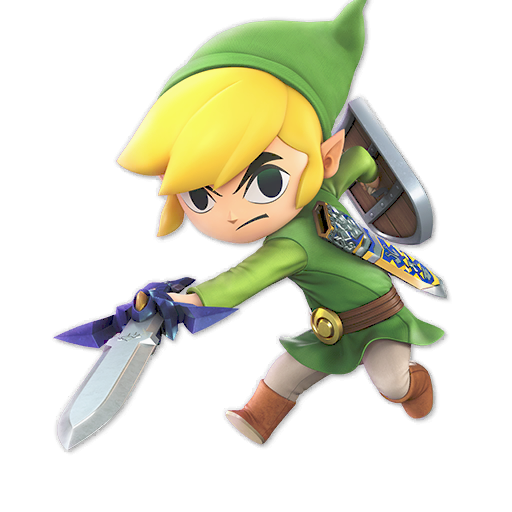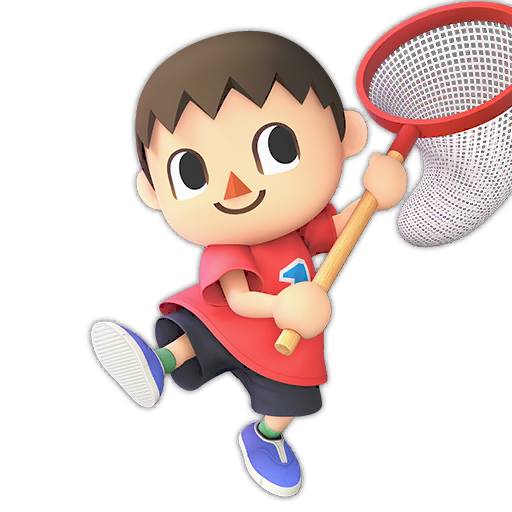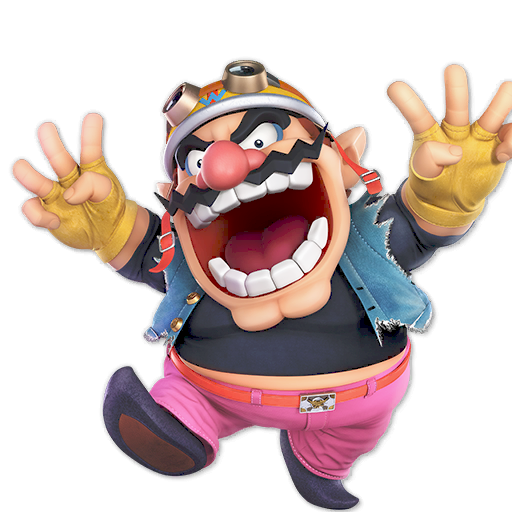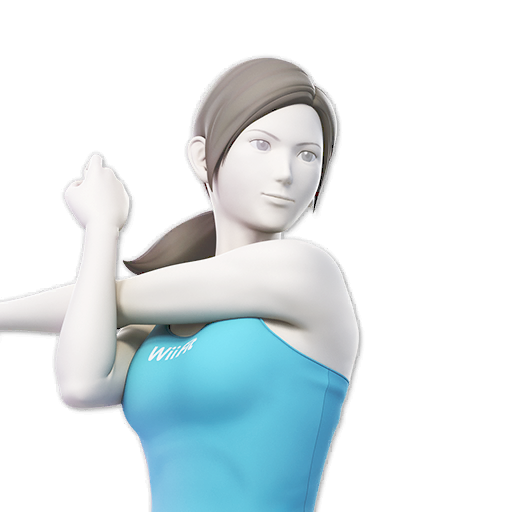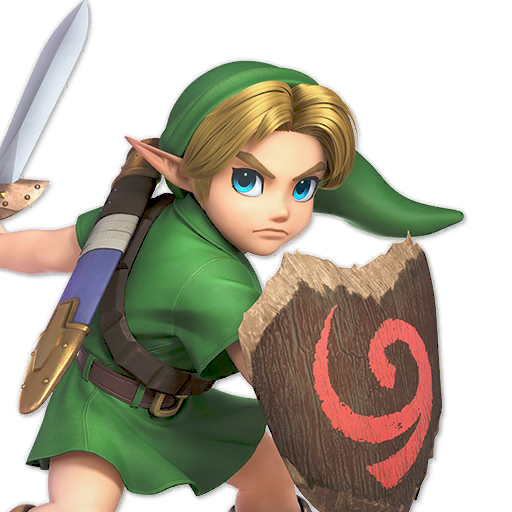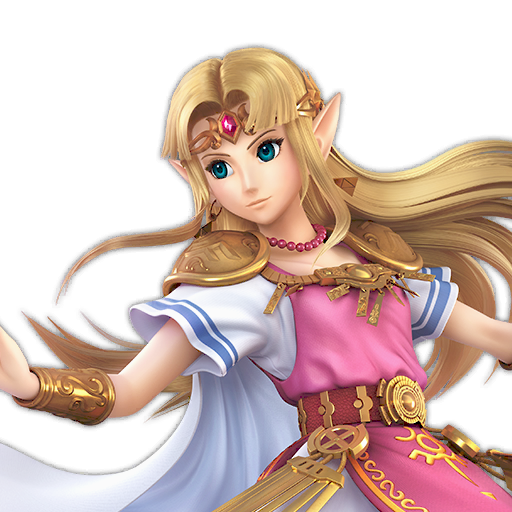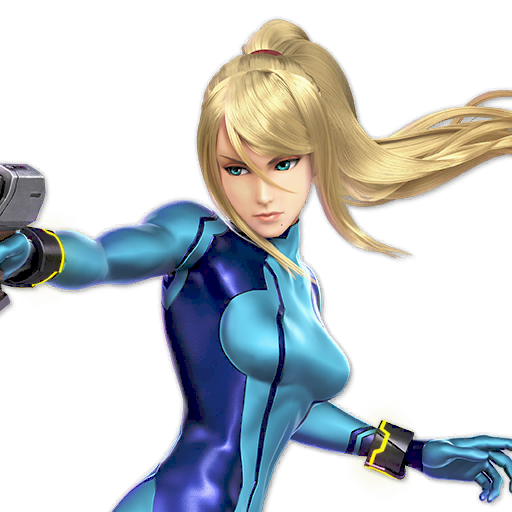How to Adapt
In my "Getting Good" guide, I briefly went over the concept of adapting, and how it's a crucial part of improving as a player.
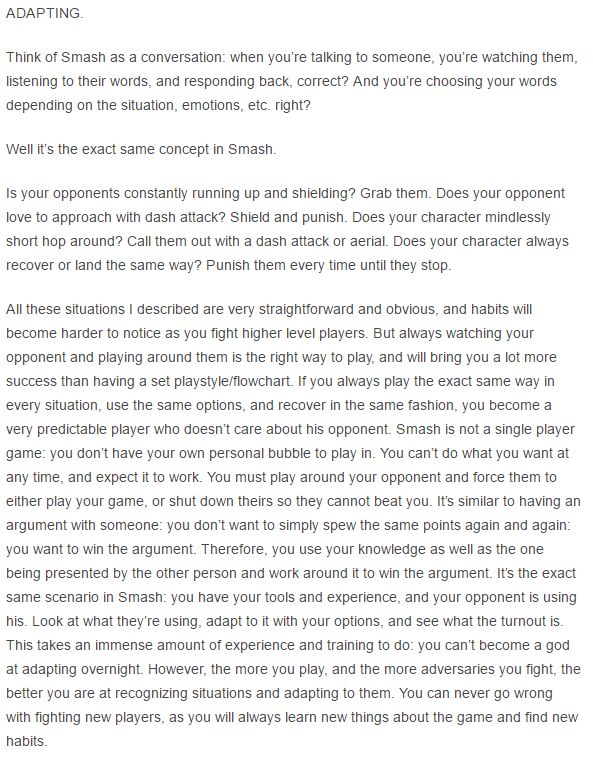
Well I'm here to go over it in more details.
What exactly is "adapting"?
It's the concept of playing around your opponent's options, habits, etc. and countering them to win the match. Remember that famous quote from Sun Tzu that goes "If you know the enemy and know yourself, you need not fear the result of a hundred battles."? Well, this is EXACTLY the point I will be making.
When playing a match against someone, your goal is to defeat them. You want your character, playstyle, etc. to be more effective than theirs. But to do so, you need to be able to know what your opponent is going to do, and how you're going to respond it. You want to make sure that whatever he/she's doing is not working, and that only your tactics work. If you only focus on your play and not your opponents', you're ignoring all openings given to you, and blindly attacking him without logic or reason. But if you both apply your playstyle AND shut down the opponents', then that makes the match infinitely easier and more in your favor.
But how exactly do you do so? Let's divide it in 3 parts:
1. Habits
2. Approach Options
3. Defensive Options
The first and most obvious part of adapting to your opponent is noticing their bad habits and punishing them for it. But what exactly is a habit? To put it simply: it's an action that they repeatedly perform throughout the match. Players will often focus on certain small parts of their opponents without realizing the bigger, more obvious flaws. These habits can popup at any time during a match, so the key here is to ALWAYS be watching your opponent. In a tournament set, it is assumed that both players know their characters and options, and that they can fully utilize them. Of course, that is not always the case, but let's assume it is. If you keep watching yourself as the match goes on, you're creating an unnecessary bubble around your character - in other words, you're not looking at the spacing between you and your opponent, what they're doing, how they're moving, etc. You're limiting yourself to only where your character is, and not planning for any action whatsoever. This is a HUGE mistake that a lot of players make (sometimes unknowingly), and is one that should be fixed ASAP.
Now let's assume you're always looking at your opponents. How do you detect bad habits? What exactly is an example of a bad habit? Think back to when you're playing your practice partner, or watching lower level players. How exactly do you win all the time? Why can you tell right away that they're lower level players? It's because you noticed certain actions that they repeatedly do and punish them for it. For example: if an opponent is constantly short hopping in neutral, that's a habit. If your opponent never does anything but neutral getup, that's a habit. If your opponent always air dodges before recovering, that's a habit. If your opponent always lands with an aerial, that's a habit.
You probably have noticed those before, but have you been consciously taking note of it and punishing them for it? That's the key here. If your opponent is always landing with a fair, make sure to always shield when they're coming down. If your opponent always uses neutral getup, charge a smash attack at the ledge or throw them offstage. Don't simply write it off as something they do and ignore it, or don't punish it once and call it a day - remember it and punish their bad habit until they stop doing it (or until you win the match because of it). If I can get a kill every time my opponent does a neutral getup, then I will make sure to punish it every time. If I can get a 30% combo every time my opponent lands with an aerial, I will always shield it and punish until they stop doing so. Many players aren't always aware of their bad habits (or don't know how to fix them), so if you abuse them during a set it will often land you a stock, game, or set. Look at your opponent, find habits, punish them for it. And once they fix their habits and create new ones, adapt to those as well and punish them again. Rinse and repeat.
Now that we covered the bad habits themselves, let's go over two of the main scenarios outside neutral: the advantage and disadvantage states.
When you're in an advantage state, you're in a favorable position. You have the pressure, the damage, everything. So, you want to stay in that position, right? Well to do so, you need to make sure you're aware of your opponent's options when they're getting attacked. Let's go over a few examples:
When hitting your opponent with aerials, are they spamming air dodge to avoid hits, or always jumping out to desperately avoid you? Does your opponent prefer to land on stage, a platform, or the ledge? Do they panic and start pressing buttons?
Look for those things and use them to your advantage. If they're spamming air dodge, wait it out and punish harder. If they keep landing on stage, eat their double jump or keep juggling them. if they panic and press buttons, anticipate it by ending your combo early, shielding, and continuing your current combo (or start a whole new punish). Habits aren't just found in neutral, they're in all states of the game. And capitalizing off habits in the advantage state can net you incredible results. It can make the difference between regularly killing at 90, or getting a read and killing early at 70. It can make the difference between having to make a long up-hill battle or making a sudden comeback and having the game be even again. Don't simply focus on landing that cool twitter combo you saw the other day - focus on maximizing punish and abusing habits. If you go for style and mess up halfway, you'll look dumb compared to going for a simple yet effective punish that'll land you more percent and stage control, on top of extending your advantage state. Again, it's important to always watch your opponent and play around them.
But what about in the disadvantage state? What do you do if you're the one getting harassed?
Well, first think about what got you into said situation: did you constantly shield when they approached, causing you to get grabbed? Did you panic and press buttons, causing them to shield and punish? Did you jump in their fact a lot? Habits go both ways - if you only care about your opponents' and not your own, you'll have trouble beating them. Remember how I said to always figure out why you lost a set? It's the exact same concept during a match - figure out why you got hit and make sure to not let it happen next time.
Did you take 50% because you held shield for no reason and got grabbed? Throw out a hitbox to punish their grab or move back to make them whiff their grab. Did you panic and press buttons? Slow it down and move around instead, reposition. Instead of committing to the same defensive options, use the ones that will counteract your opponent's aggressive options. Every approach has a different way to beat it, so be mindful of each of them and play around it.
Another good way of adapting in the defensive state is to be mindful of the percent and what your opponent's going to look for. Are you at low percent vs a Sheik? They're probably going to look for a Fair or Ftilt, in which case make sure to shield and space around those to not let them start their combo. Are you at late percent vs a Mewtwo? They're probably gonna look for a grab to Up Throw, so move around or hit them as they approach so you don't get grabbed. Always be mindful of where in the game you are and what your opponent wants to do. Even if you don't necessarily know all of the opponent's character's options, you at least can have a rough idea of what they want to do, which means you can play around it.
Adapting isn't easy and can't be simply learned on the spot - it takes experience and practice to be able to recognize and punish everything your opponent's doing. It takes a while before you're able to naturally and fully adapt to what your opponent's doing to win a set. But by continuously watching them, taking a mental note of it, and even analyzing them through VODs, you can learn what to do when those situations occur and win the encounter.
Again, like I explained in my "Getting Good" guide - Smash is a conversation. You choose an option, they choose an option, you respond with another, they respond with another, etc. And that conversation is a big game of adaption. Whoever can win the "argument" that both of you are having comes out as the victor, so make sure you listen (or in this case, see) to what they're doing and punish their mistakes.
I hope this guide was helpful for all of you. Top players have mastered the art of adapting to their opponents and can seemingly do it on the fly. They can notice every little detail about you and abuse them to their advantage. That's why they dominate so early on in tournaments - players who are unable to mix-up their game and adapt to them end up falling hard and have very little chance of winning the set. As top players advance in tournament, they face better and better players that know how to adapt to their opponents even better, which creates closer, more tense games. That's how crucial adapting is.
Thanks for reading!
~Cagt (@Cagt3000)
This blog post was written by a SSB World community member. Share your Smash 4 knowledge by creating your own blog post now.
Share your feedback:
You must log in to comment.

